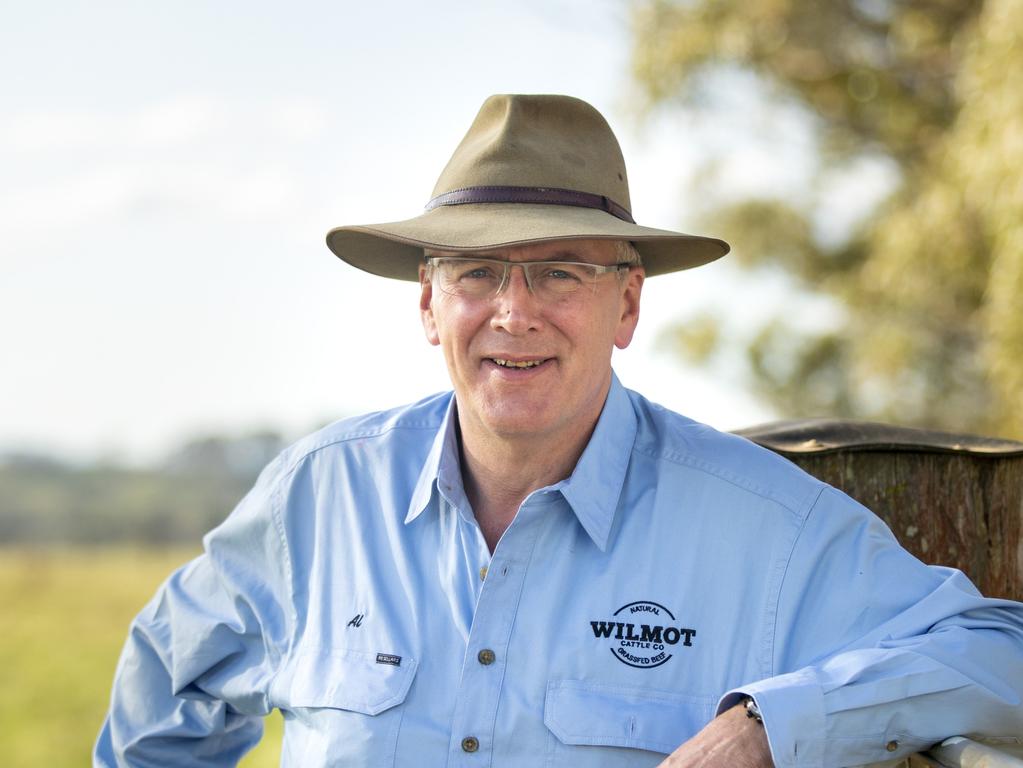Investment in environmental care boosts farm production, profits: study
Farmers who look after the soil, plants and wildlife on their farms are up to 20 per cent more profitable, new research finds.

Farmers who look after the soil, plants and wildlife on their farms are up to 20 per cent more profitable, according to new research that aims to transform the way food producers and the public look at agriculture.
In a globally significant study, Australian researchers analysed the accounting books of 130 grazing and cropping operations and compared them with the management of the property’s “natural capital” to determine whether any correlation existed.
It found that properties with higher natural capital – including soil, water, remnant vegetation and wildlife – were more financially profitable than those without.
The concept is based on the idea that soil’s organic matter content can aid plant growth, improve soil’s water-retention capacity, reduce fertiliser use and increase carbon sequestration.
The Farming for the Future program is a research initiative of the Macdoch Foundation that aims to help farm managers realise greater productivity and profitability in their businesses by revealing the relationship between natural capital and farm performance. “This is the prototype phase of our program, but already we have evidence that shows there is great potential to be realised by being able to quantify the value of investing in a farm’s natural capital,” Farming for the Future program director Sue Ogilvy said.
“The methods developed for the project will help to provide a baseline for both emissions and natural capital condition and value in productive landscapes, and support policy and private investment to realise a more financially prosperous, climate-resilient, and environmentally positive agriculture sector in Australia.
“Importantly, our analysis has identified the real possibility of an ‘opportunity zone’ where investment in the ecological condition of a farm is associated with financial benefits.”
The research found farmers who improved their natural capital could improve productivity and reduce other input costs. Increasing private financial benefits were listed by surveyed landholders as the most compelling reason for them to invest in improving natural capital on their farms.
Dr Ogilvy said the results of the research showed this financial incentive could be the catalyst for wide industry adoption of sustainable farming methods that improved natural capital.
It also would have flow-on benefits from a consumer and public good perspective.
“As natural capital improves, so too can farm performance,” she said. “It is possible that there is some trade-off point at very high levels of natural capital, but our research has found that most farms haven’t reached a trade-off point so there is still scope to realise productivity and profitability benefits from further investment in natural capital.”







To join the conversation, please log in. Don't have an account? Register
Join the conversation, you are commenting as Logout